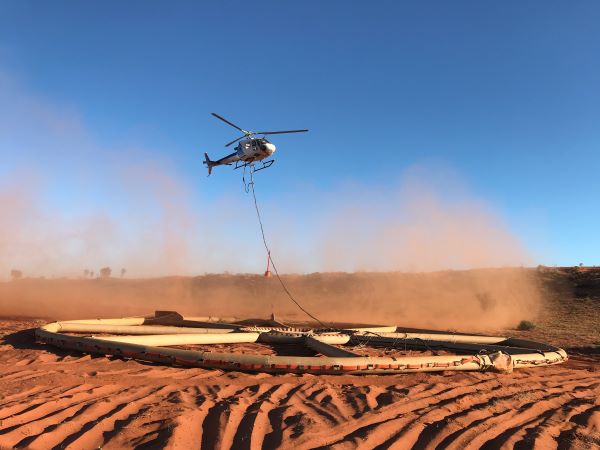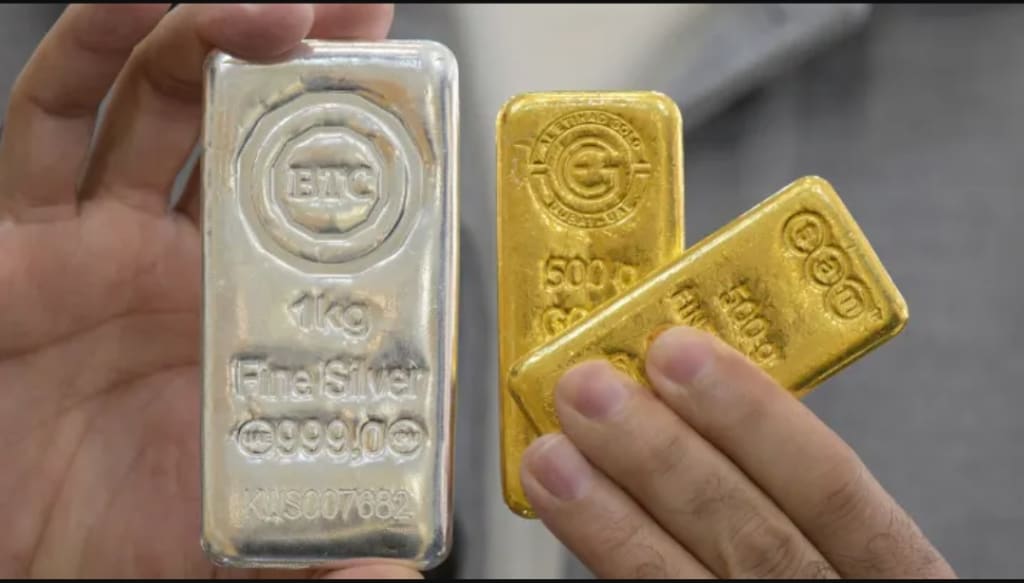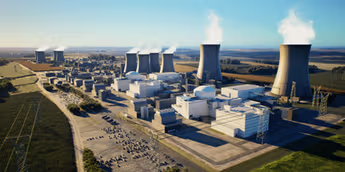Shares in Twitter fell on Monday after Elon Musk announced he was pulling out of a $44bn (£36bn) deal to buy the social media platform.
Mr Musk backed away after claiming Twitter failed to provide enough information on the number of spam and fake accounts on the site.
Twitter plans to take legal action to make the deal go ahead and has hired a top US law firm.
Mr Musk tweeted saying Twitter would need to “disclose bot info” in court.
The multi-billionaire then tweeted a picture showing American actor and martial artist Chuck Norris at a chessboard, with a follow up post saying “Chuckmate”.
Twitter’s share price stood at about $32.64 as Monday trading closed – falling further below the $54.20-a-share takeover price agreed by Mr Musk and Twitter’s board in April.
It is the first time investors have been able to react to Mr Musk announcement on Friday that he wanted to pull out of the deal.
Mr Musk – who is also the boss of electric car firm Tesla – announced plans to buy Twitter in April, but the deal was put on hold a month later due a row over the number of fake accounts on the platform.
The original merger agreement includes a $1bn (£830m) break-up fee, but instead of pushing for Mr Musk to pay the sum, Twitter wants the businessman to compete the deal. “The Twitter board is committed to closing the transaction on the price and terms agreed upon with Mr Musk,” its chairman Bret Taylor wrote in a tweet.
Twitter has hired New York’s Wachtell Lipton Rosen & Katz, which is one of the world’s leading corporate law firms.
John Coffee, a Colombia Law School professor and a former adviser to the New York Stock Exchange and Nasdaq, told the BBC that Mr Musk didn’t have a “great legal argument”.
“It’ll be a big battle, but I would predict it’ll be quietly settled,” he said. “I think Mr Musk doesn’t expect to come out with a victory. I expect that he’s hoping that he can knock another 10 or 20 billion off the price he agreed to pay.”
When he first agreed a deal, Mr Musk said he wanted to make the site better by “defeating the spam bots, and authenticating all humans”. Twitter has long had an issue with automated, so-called “bots” being used to relentlessly post unhelpful or misleading content.
The businessman had asked for evidence to back the company’s assertion that spam and bot accounts make up less than 5% of its total users. Mr Musk believes that spam or bot accounts could make up to 20% or more of users.
After Mr Musk first agreed to buy Twitter in April, shares in his electric car firm Tesla fell by around 20%. Mr Musk then sold roughly $8.5bn (£6.8bn) worth of shares in Tesla, leading to speculation that the money raised would help to finance the deal.
Ann Lipton, a litigator who has handled class actions involving some of the world’s largest companies, said Mr Musk “kind of got cold feet” when stock markets turned and it “looked like his wealth was impacted when Tesla’s stock price dropped as well”.
“Now he’s looking for an out but merger agreements are very hard to get out of,” she added. “Even if there was a false representation as Musk claims, he claims that Twitter falsely represented the amount of spam on the platform. You can’t get out of the deal just for that.”
When the news first broke that Elon Musk had put in an offer to buy Twitter, a fellow journalist messaged me: “Twenty quid that it never happens”.
Well, I’m neither £20 up nor down yet but this deal is quite clearly not going according to plan.
Did Mr Musk make a hasty and expensive mistake in pursuing the social network so aggressively and so fast? Perhaps he didn’t count on his other interests – notably the electric car firm Tesla – being impacted by the purchase. Its shares slid after it emerged that he was using his own shares as an asset to fund the deal.
His obsession with bots and spam is maybe not the quick fix for the social network that he thought it could be if Twitter’s figures are to be trusted. And if they’re not, that on its own isn’t a strong enough legal reason for the deal to fall apart. It’s not like it has demonstrably shattered Twitter’s revenue as things stand.
Twitter on its part seems to think it can still force the hand of the world’s richest man, which is remarkable considering its initial reluctance to having Mr Musk at its helm.
Neither party wants to pay the $1bn termination fee, small change as that may sound for a multi-billionaire.
What we’ll probably see next is a revised, lower offer – and Musk continuing to mock Twitter using its own platform to tweet memes about it to his 100 million followers. Awkward.

As well as leading Tesla, Mr Musk is the founder of rocket company SpaceX. A self-described “free speech absolutist”, he had pledged to loosen Twitter’s content moderation rules once the company was under his ownership.
He has long criticised Twitter’s ban of some accounts, like that of former US President Donald Trump.
Mr Musk has also called for more transparency over how the platform presents tweets to users, a system that currently allows some to be promoted and given wider audiences.







